
- This event has passed.
The Challenge of Community
14th Annual Summer Seminar
July 15-19, 2024
Franciscan University of Steubenville
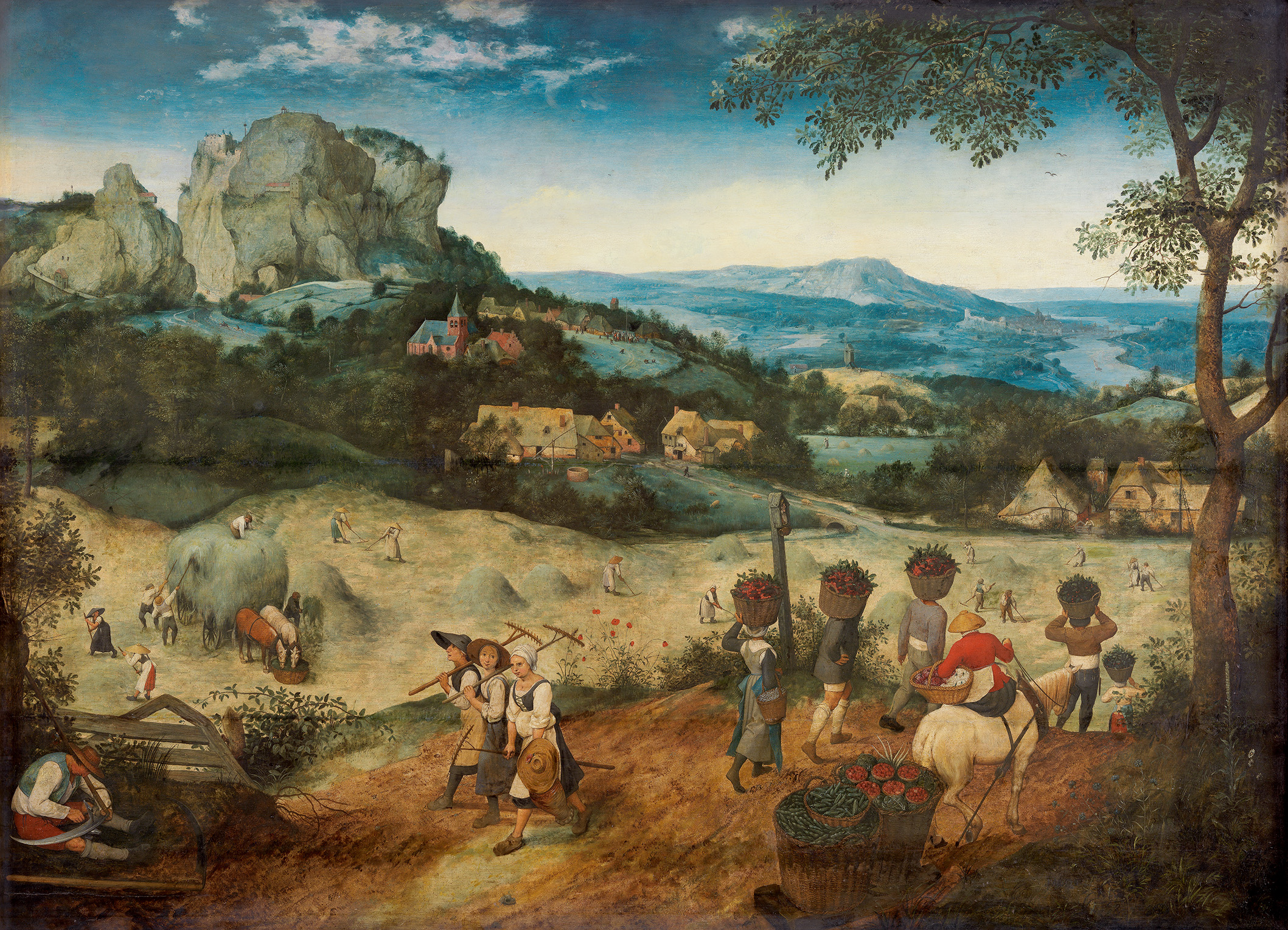
The human person only finds the fulfillment of his nature in spiritual contact with other persons, in union with them—in short: in community.
Dietrich von Hildebrand, The Metaphysics of Community
Important Updates
Thanks to the extraordinary generosity of our donors, we have been able to substantially reduce the fees for both Students and Professionals attending the Summer Seminar.
The deadline to apply is April 5.
- Student:
$650$400 - Professional (with dormitory housing):
$1,650$1000 - Professional (without dormitory housing):
$1,250$800
Seminar Description
Why are people connected with each other as never before, even as they suffer from crushing loneliness? Why do people have a deep need to be sheltered inside a community but feel condemned to remain outside of all deeper solidarity with others? Or if they do belong to a community, why is it that they can put down roots in it only by taking other communities as enemies? Why do people find it so easy and natural to approach others with mistrust, and have a great difficulty approaching them with trust?
The great Christian personalists have something to say about these contradictions; we find in their works much wisdom about the brokenness of our life with others.
Dietrich von Hildebrand wrote a major philosophical treatise, The Metaphysics of Community, in response to the earlier crisis about the nature of the person and community in National Socialism and Communism. His personalism leads to a strong affirmation of the selfhood and solitude of the individual person, but also to an equally strong affirmation of the deep orientation of persons to interpersonal relationships and community. We also find in Karol Wojtyla, Max Scheler, Edith Stein, Romano Guardini, Henri de Lubac, and other personalists rich and nuanced accounts of the communal nature of the person, accounts that speak to us in our need.
Download the flyer for the event here: Summer Seminar 2024 Flyer (pdf)
We will offer a portion of the Summer Seminar online this year without cost. If you are interested in attending our online offerings, please fill out the following form.
Seminar Faculty and Speakers
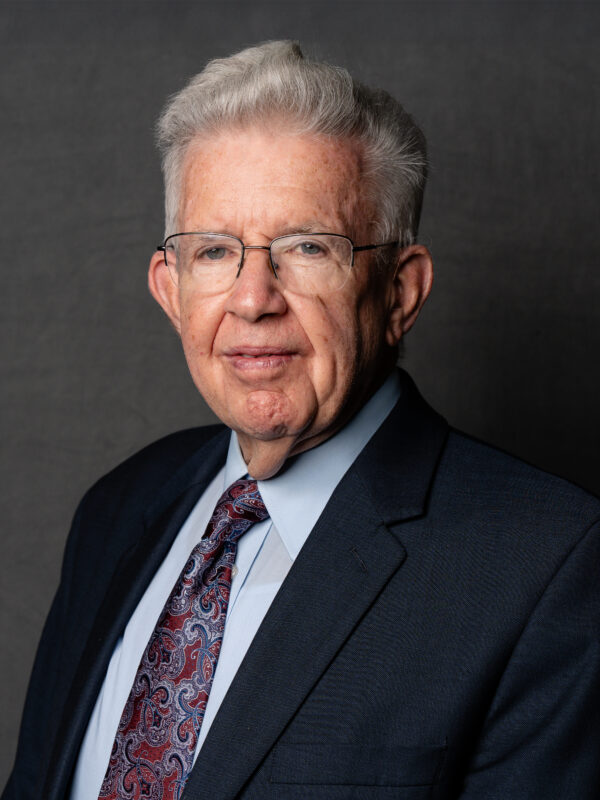
John F. Crosby
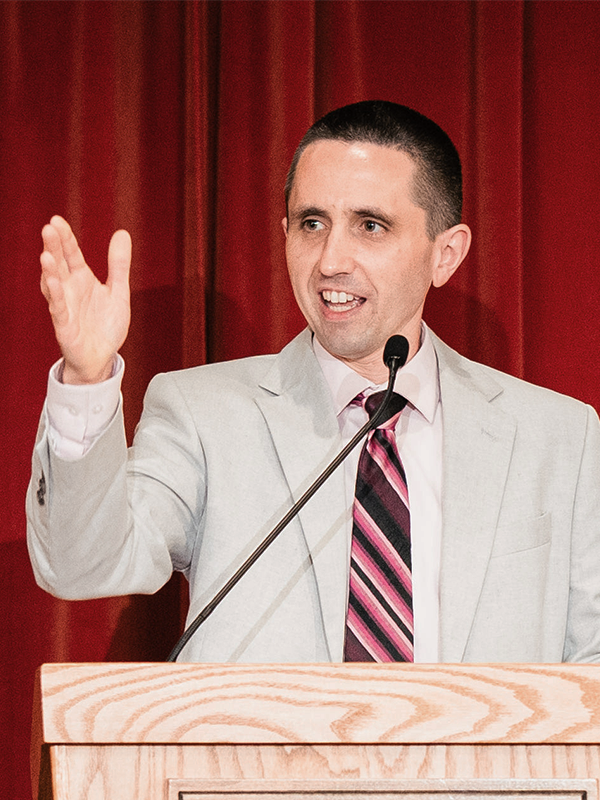
Mark K. Spencer
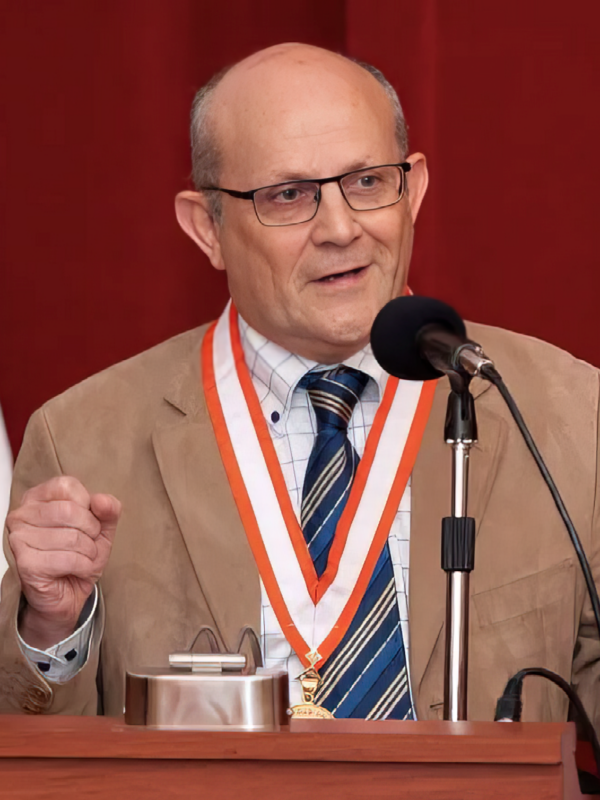
Juan Manuel Burgos
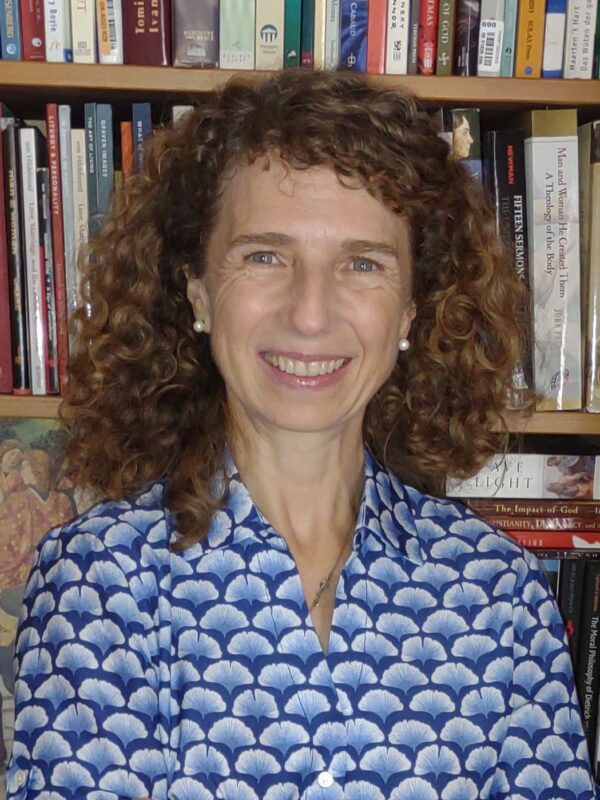
Maria Fedoryka
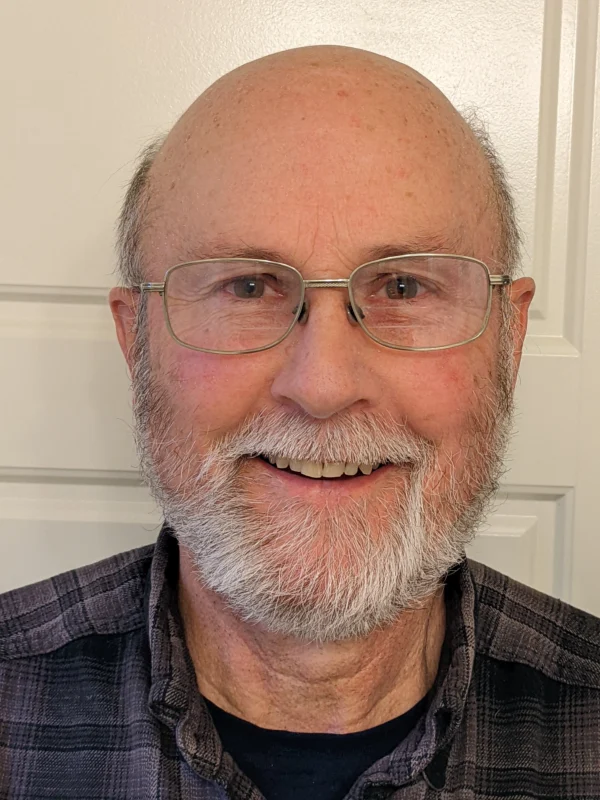
Charles E. Moore
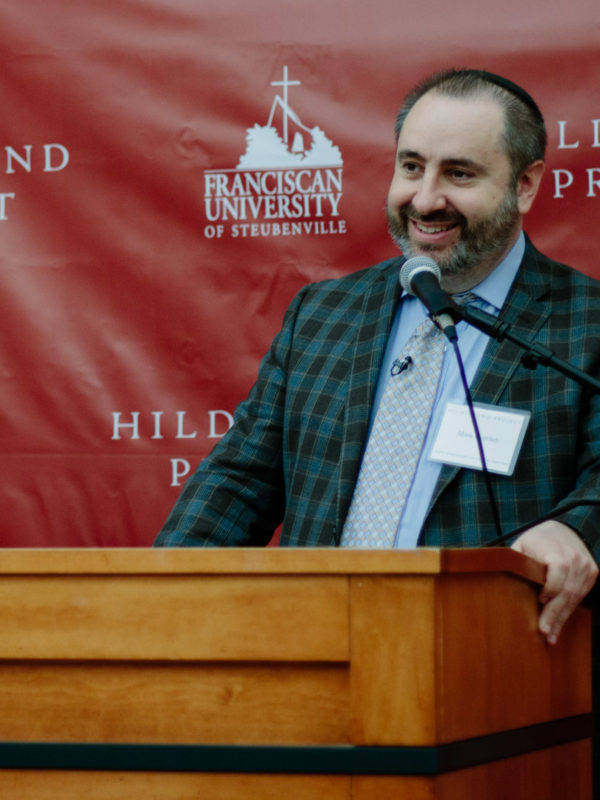
Rabbi Mark Gottlieb
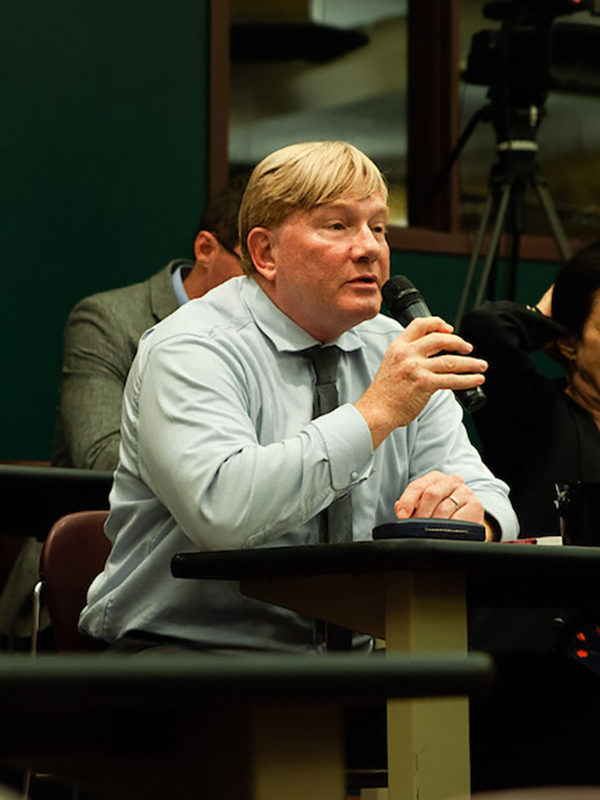
Derek S. Jefferys
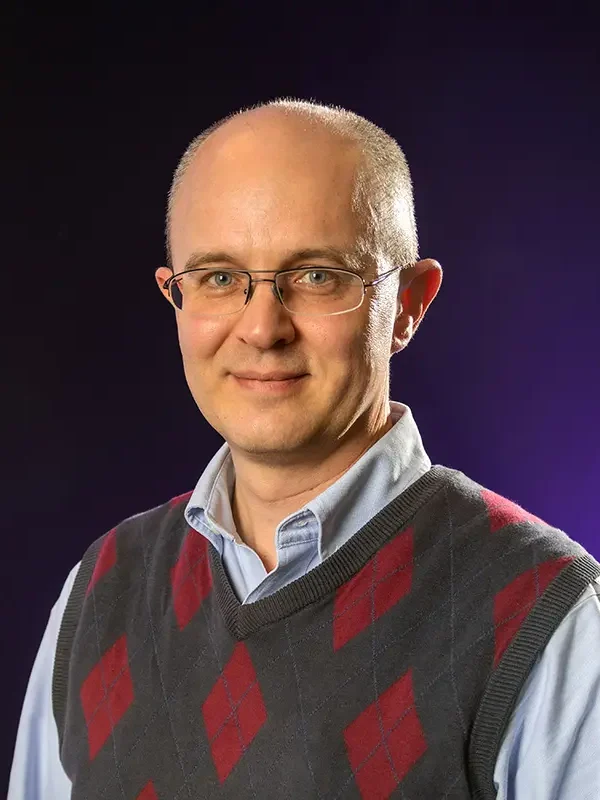
Dr. Peter Meilaender
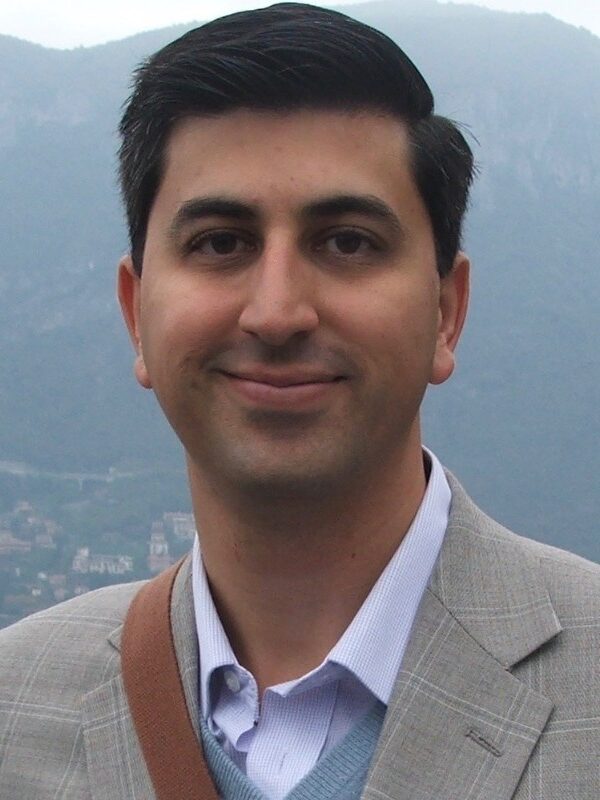
William Tullius
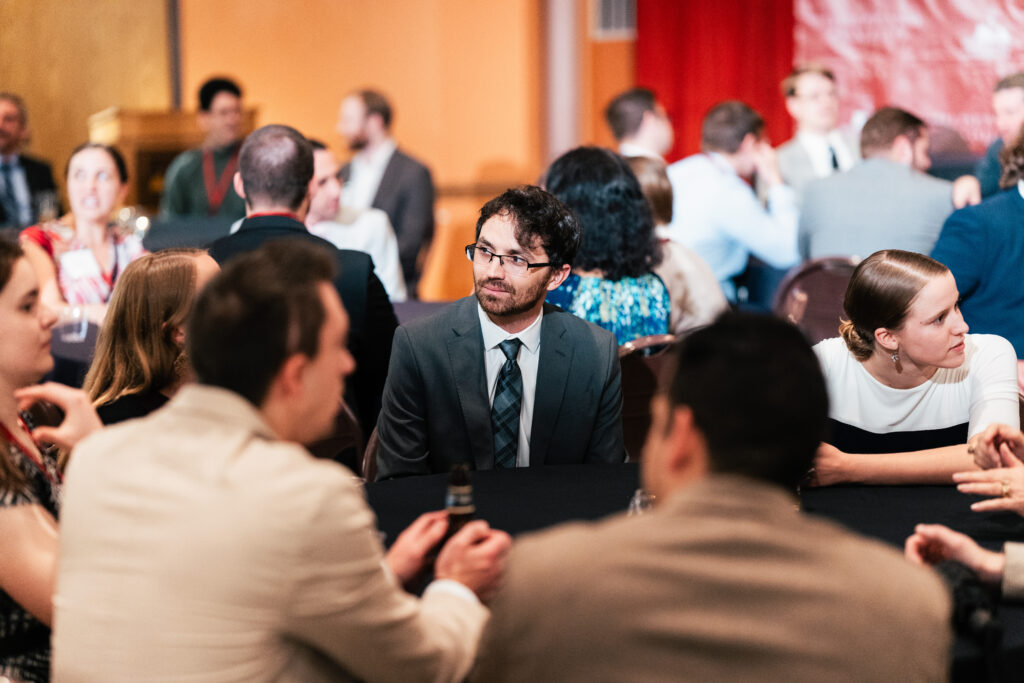
Format
The seminar will be a mix of lectures, panels, conversations, and small group discussions.
Each morning will open with a keynote lecture on a core topic, followed by panel discussions exploring particular themes. After a break for mass (optional) and lunch, the afternoons will be devoted to In Conversation sessions that will address questions and challenges, followed by small group discussions facilitated by seminar faculty.
Hildebrand Project events are intellectual and convivial. Participants are sent a list of reading materials upon acceptance, which should be completed before the start of the seminar. The days are devoted to seminar sessions, while the evenings are free—and often filled with wine, music, and conversation.
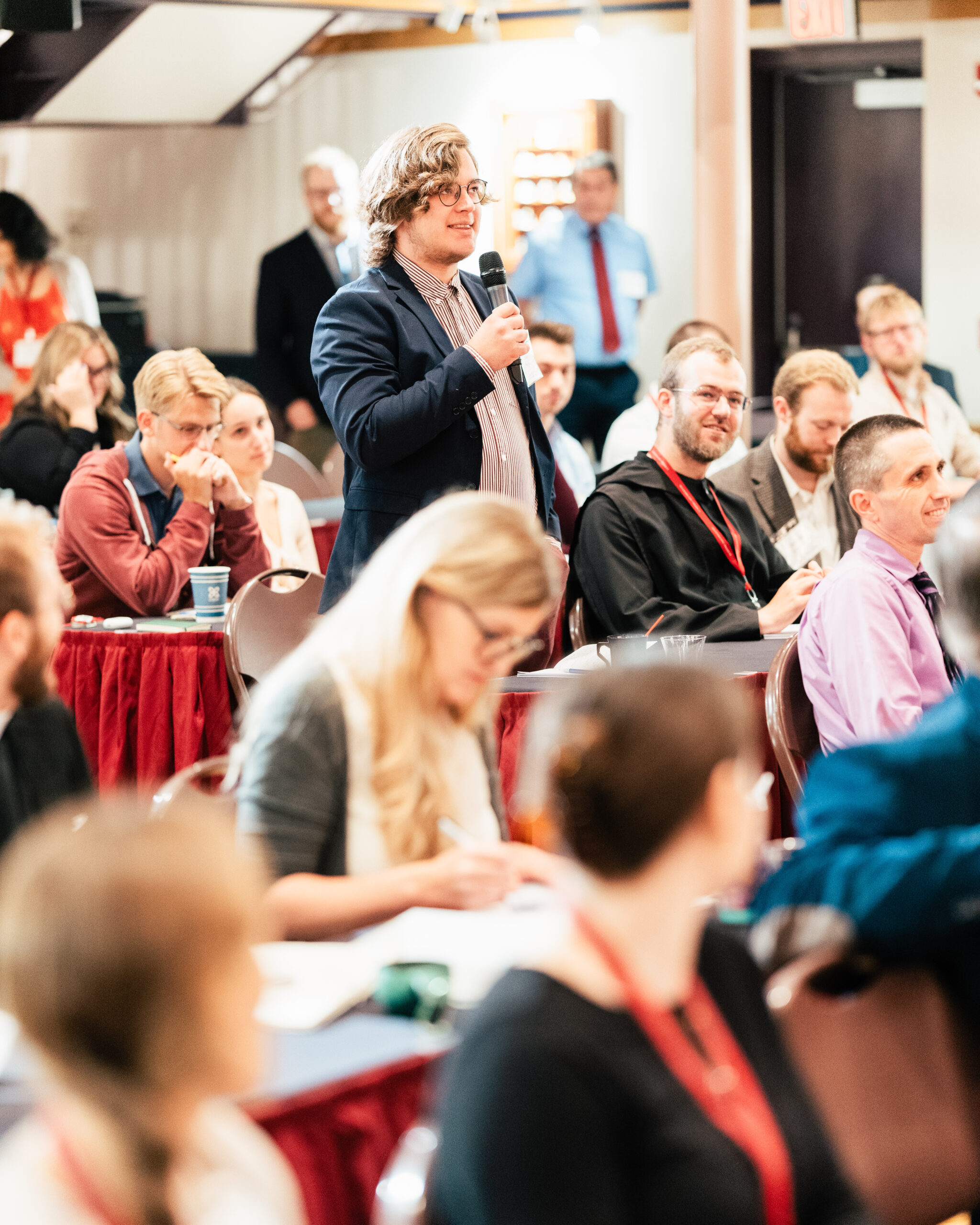
Schedule
The seminar will begin with an opening dinner on July 14. Participants will depart the morning of July 19.
Keynotes are at 9:15am EDT, panels are at 10:45am EDT, and the Conversations are at 2:00pm EDT. You can watch the stream on our YouTube Channel. Please subscribe to be notified when we go live. The stream will also pop-up here on the website.
July 15: Beyond Individualism
- Keynote: Persons are Meant for Community with Mark K. Spencer
- Panel: Communities in Crisis with Charles Moore, Maria Fedoryka, and Derek Jeffreys
- Conversation: Intentional Communities in Religious Traditions with Rabbi Mark Gottlieb and Charles Moore
July 16: From Collectivism to Solidarity
- Keynote: Beyond Individualism & Collectivism – Toward a Personalist Social Philosophy with John F. Crosby
- Panel: Community & Human Flourishing with Charles Moore and Maria Fedoryka
- Conversation: Structures of Sin – Solidarity & Co-Responsibility in John Paul II with John F. Crosby and Derek Jeffreys
July 17: Building Authentic Community
- Keynote: Dietrich von Hildebrand on the Nature of Community with Maria Fedoryka
- Panel: Balancing Local Commitments & Cosmopolitan Principles with Mark Spencer, Derek Jeffreys, and William Tullius
- Conversation: Personalism and Integralism with Mark Spencer, John Henry Crosby, and Peter Meilaender
July 18: A Vision for Community
- Keynote: Karol Wojtyla on Community by Juan Manuel Burgos
- Panel: How to Know a Person – Practical Tips for Being Communal with John F. Crosby, William Tullius, and Derek Jeffreys
- Conversation: The Metaphysics of Community with Seminar Faculty
We will offer a portion of the Summer Seminar online this year without cost. If you are interested in attending our online offerings, please fill out the following form.
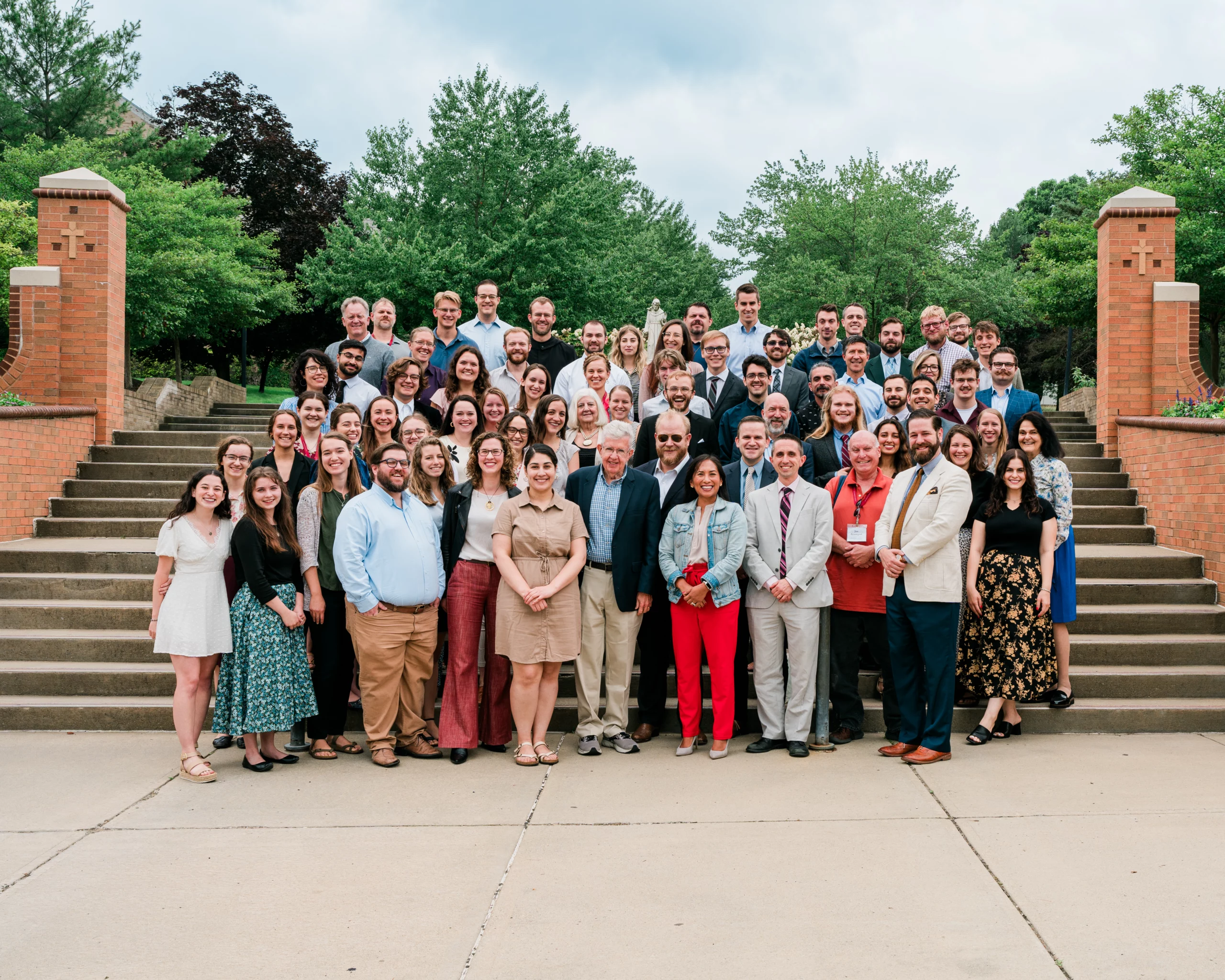
Applying for the Seminar
The seminar is open to anyone who wishes to explore the nature and significance of the self, community, and society, including especially:
- Undergraduate and graduate students
- University and high school professors
- Artists, writers, musicians, and architects
- Teachers, educators, and administrators
- Lawyers, government officials, and community organizers
- Seminarians and clergy
The application process is based on interest but subject to space limitations.
The application and nomination window ends on April 5, 2024. Applications will be reviewed on a rolling basis, with acceptances announced on the 15th of each month.
You may apply online below. The application contains two short essays (300 words max), and you will add your answers there:
(1) How do you expect the Hildebrand Seminar to affect your life and work when you return home?
(2) Read this excerpt from the essay “Individual and Community” (from My Battle Against Hitler) and comment on the relationship between anti-personalism and individualistic liberalism.
We encourage faculty to nominate students to attend. Nominations will serve in lieu of letters of recommendation. Please use this form to submit nominations.
If you have any questions about the event, please reach out to Cecilia Cervantes at events@hildebrandproject.org.
Seminar Fee
We believe that the Seminar fee should cover everything from the moment you arrive to the moment you leave. The Hildebrand Project Summer Seminar fee covers:
- Five nights in a private room in Franciscan University dormitory housing.
- Transportation to and from Pittsburgh airport, for those flying in.
- Continental breakfast, lunch, and dinner every day of the seminar, including opening and closing banquets. Snacks and drinks are also provided throughout the day.
- Evening receptions with snacks and beverages.
- A printed seminar reader with readings chosen by our speakers and organizers to deepen your seminar experience.
- Full access to the John Paul II Library at Franciscan University.
- Access to a fitness center
- Internet Access
The Summer Seminar fees are:
- Students (enrolled as of application deadline):
$650$400 - Professionals (All non-students)
- With dormitory housing:
$1,650$1000 - Without dormitory housing:
$1,250$800 (You must organize your housing. The Franciscan Square Inn will have a special Summer Seminar rate.)
- With dormitory housing:
Travel is not covered by the seminar fee, but transportation to and from Pittsburgh International Airport will be provided to anyone who needs it.
While the true cost to host each participant is much higher than the fees, the fees play a critical role in making our annual Summer Seminar possible. Attendees are asked to pursue all possible funding sources (e.g. university departments, family, friends, outside grants, fundraisers, etc.)
Download the flyer for the event here: Summer Seminar 2024 Flyer (pdf)
July 14, 2024 5:00 pm – July 19, 2024 8:00 am EDT
